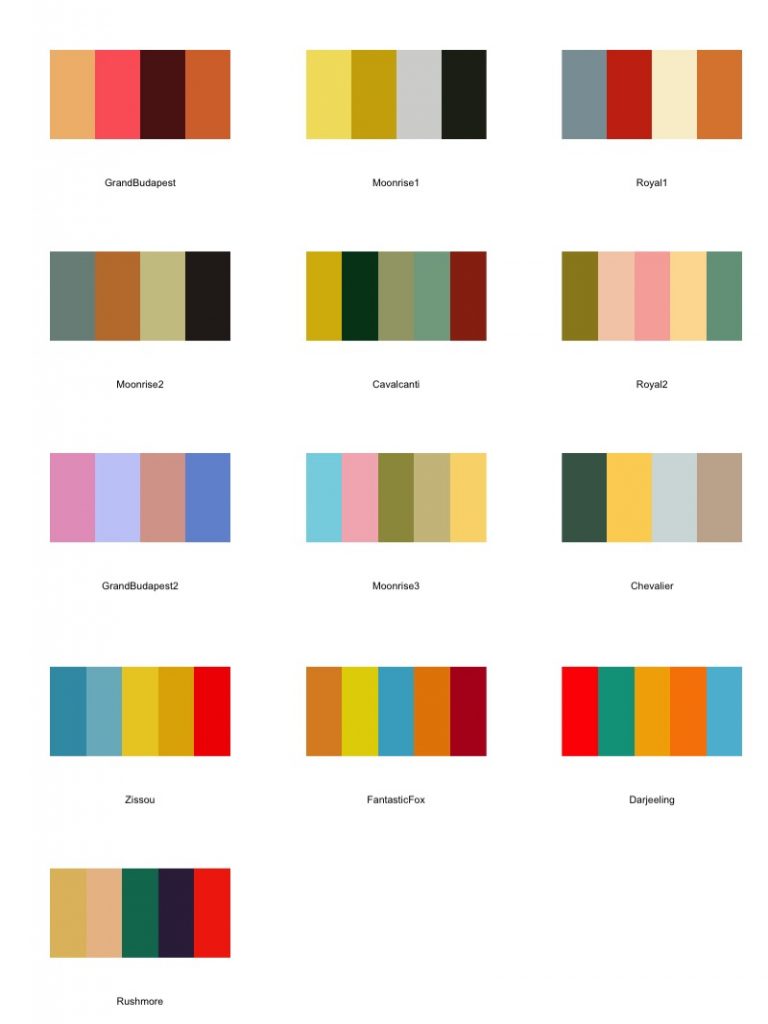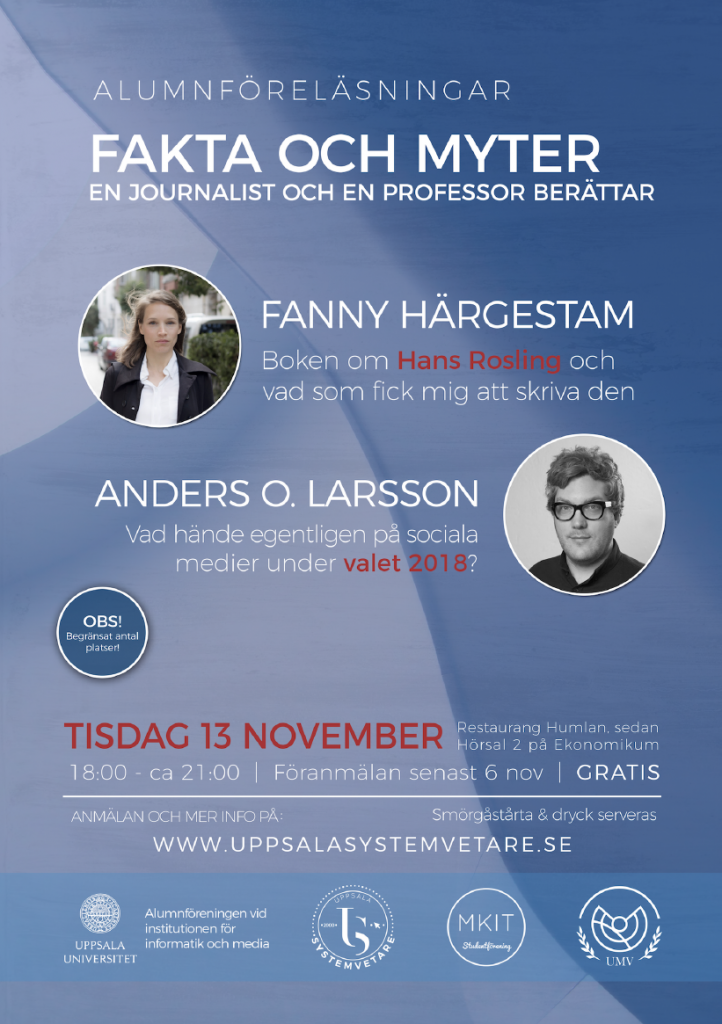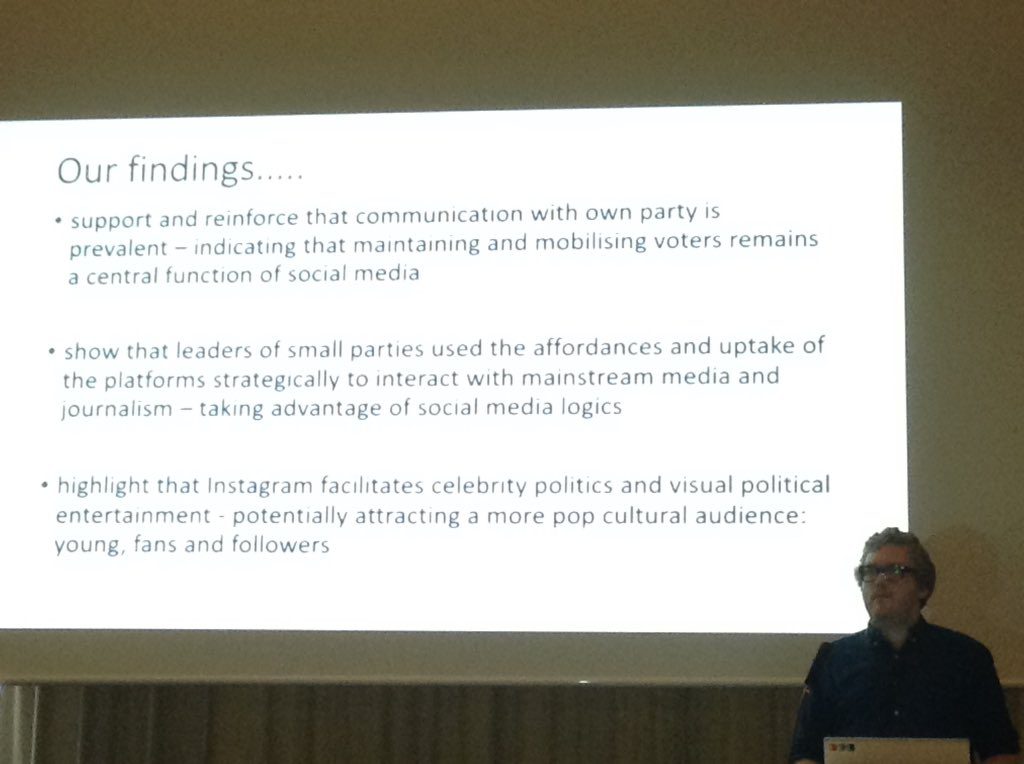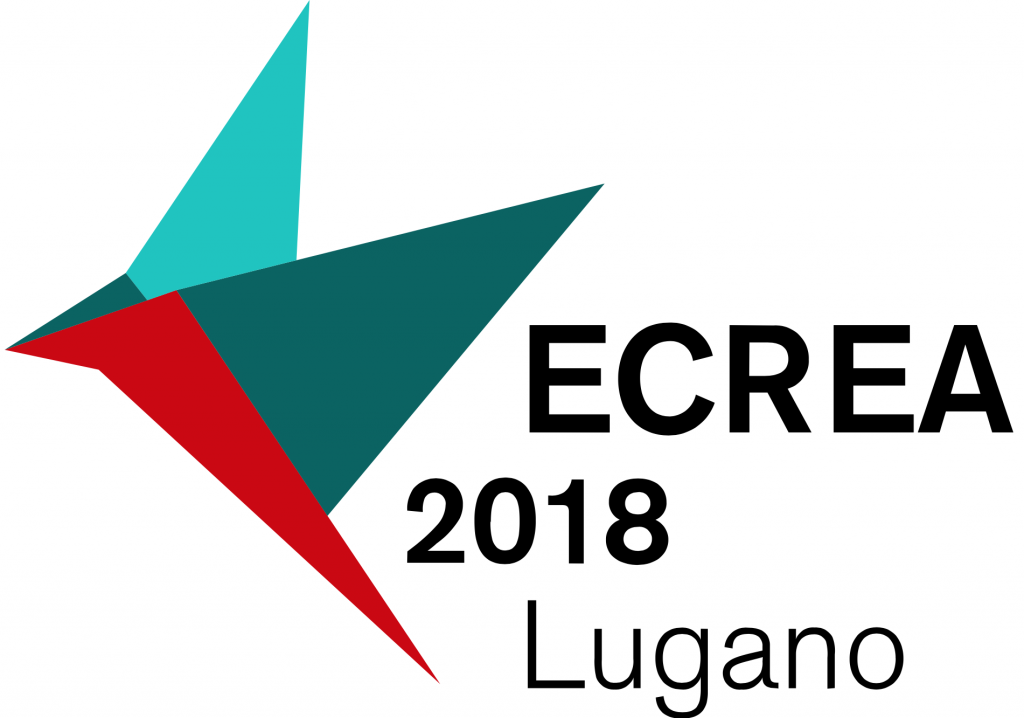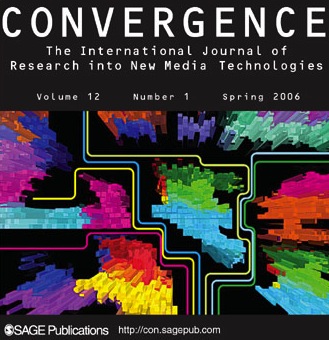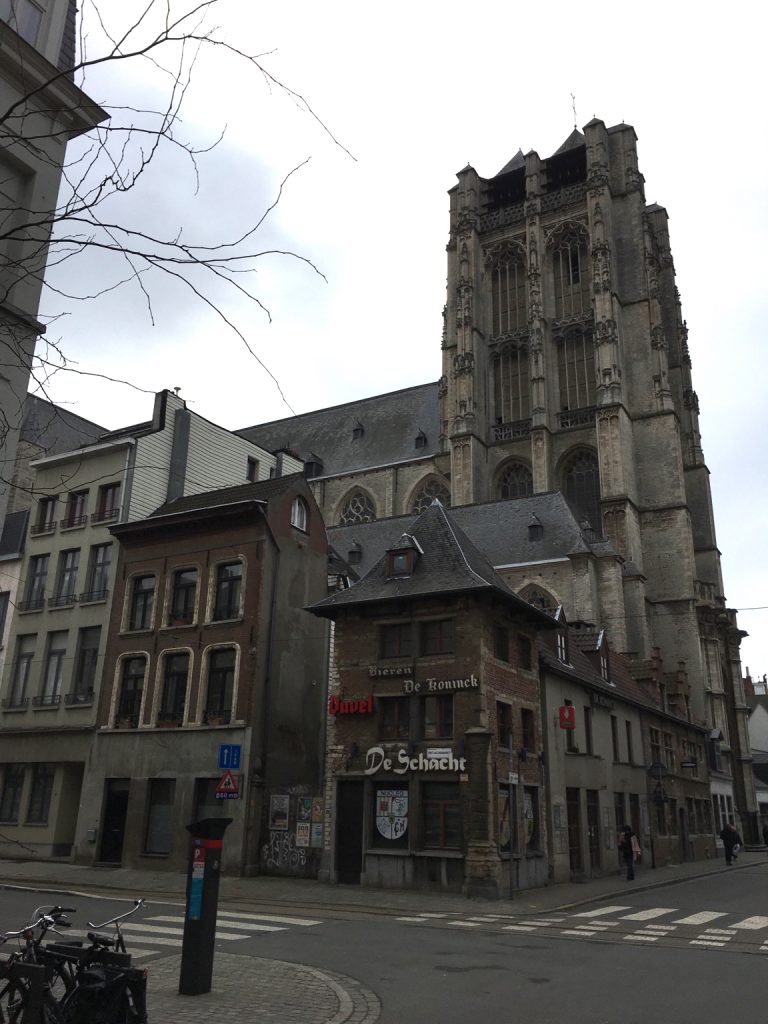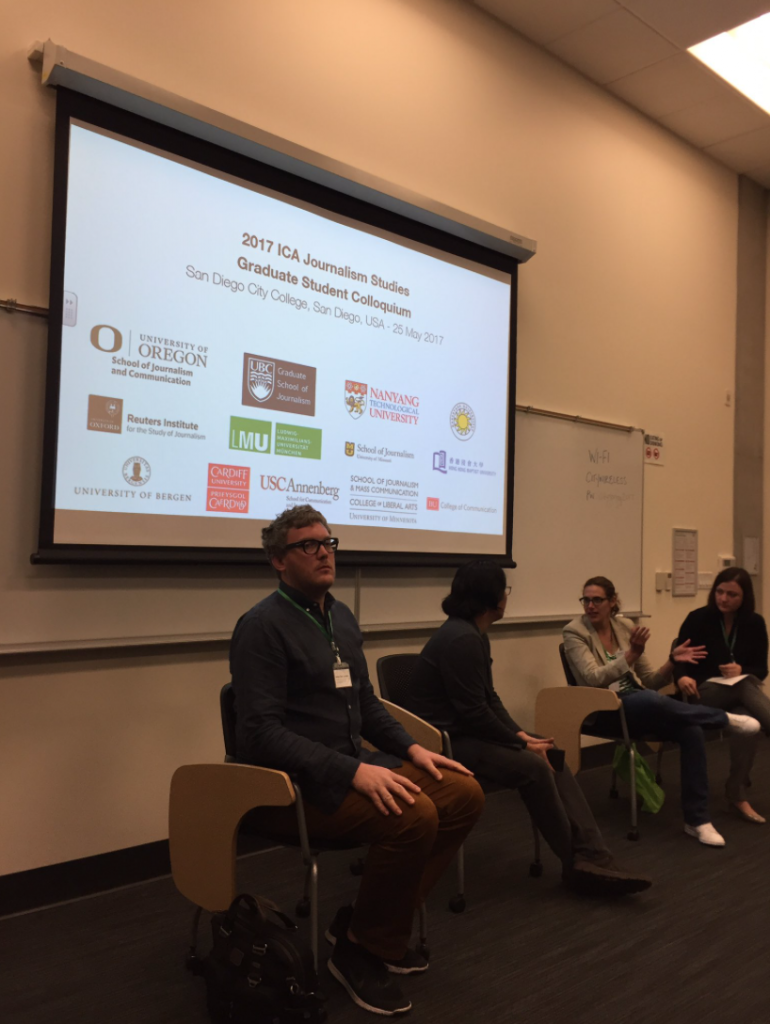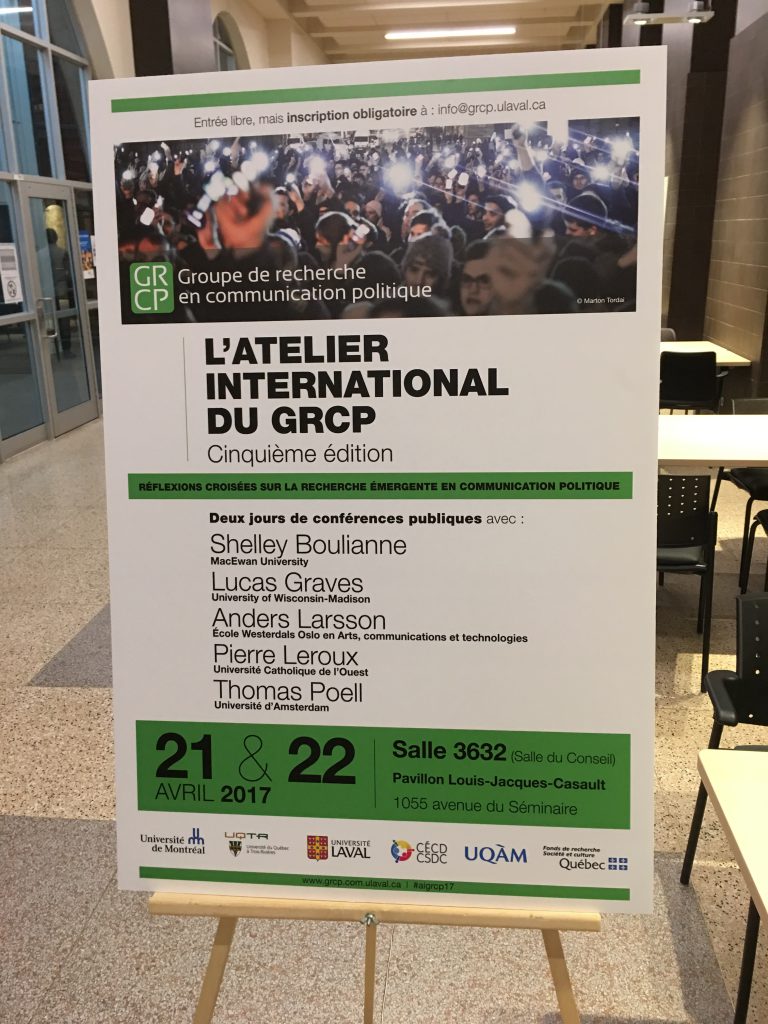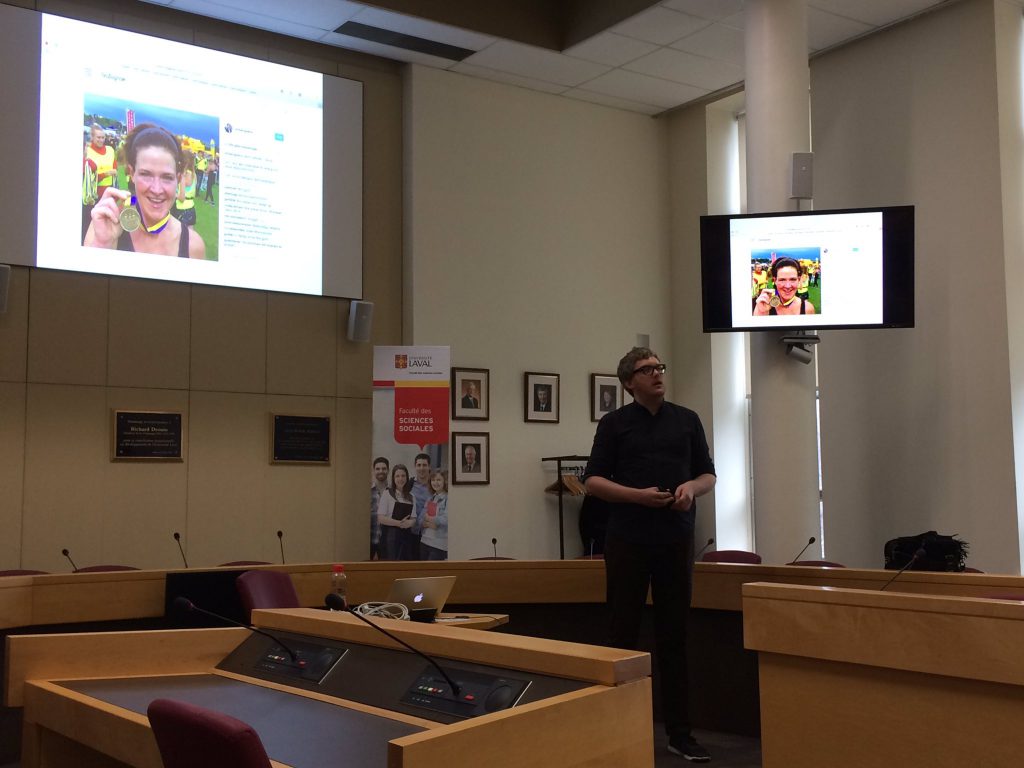Image from Tableau Community Forums.
A colleague alerted me to the existence of the Wes Anderson color palettes for R, which of course has led to a serious reconsideration on my part regarding the ways in which I usually format my graphs. For reference, please visit this page. As I like to do data visualization in both R and Tableau, and as I could not find a set of RGB codes suitable for import into the latter of the two, I went ahead and adopted my Preferences.tps file following these instructions. The results can be found below. If you are interested, you should be able to simply copy this code and paste it into your own Tableau Preferences.tps file. I have also made a copy of my own file available for download here.
<color-palette name="BottleRocket_all" type="regular" >
<color>#A42820</color>
<color>#5F5647</color>
<color>#9B110E</color>
<color>#3F5151</color>
<color>#4E2A1E</color>
<color>#550307</color>
<color>#0C1707</color>
<color>#FAD510</color>
<color>#CB2314</color>
<color>#273046</color>
<color>#354823</color>
<color>#1E1E1E</color>
</color-palette>
<color-palette name="BottleRocket1" type="regular" >
<color>#A42820</color>
<color>#5F5647</color>
<color>#9B110E</color>
<color>#3F5151</color>
<color>#4E2A1E</color>
<color>#550307</color>
<color>#0C1707</color>
</color-palette>
<color-palette name="BottleRocket2" type="regular" >
<color>#FAD510</color>
<color>#CB2314</color>
<color>#273046</color>
<color>#354823</color>
<color>#1E1E1E</color>
</color-palette>
<color-palette name="Rushmore_all" type="regular" >
<color>#E1BD6D</color>
<color>#EABE94</color>
<color>#0B775E</color>
<color>#35274A</color>
<color>#F2300F</color>
<color>#E1BD6D</color>
<color>#EABE94</color>
<color>#0B775E</color>
<color>#35274A</color>
<color>#F2300F</color>
</color-palette>
<color-palette name="Rushmore" type="regular" >
<color>#E1BD6D</color>
<color>#EABE94</color>
<color>#0B775E</color>
<color>#35274A</color>
<color>#F2300F</color>
</color-palette>
<color-palette name="Rushmore1" type="regular" >
<color>#E1BD6D</color>
<color>#EABE94</color>
<color>#0B775E</color>
<color>#35274A</color>
<color>#F2300F</color>
</color-palette>
<color-palette name="Royal_all" type="regular" >
<color>#899DA4</color>
<color>#C93312</color>
<color>#FAEFD1</color>
<color>#DC863B</color>
<color>#9A8822</color>
<color>#F5CDB4</color>
<color>#F8AFA8</color>
<color>#FDDDA0</color>
<color>#74A089</color>
</color-palette>
<color-palette name="Royal1" type="regular" >
<color>#899DA4</color>
<color>#C93312</color>
<color>#FAEFD1</color>
<color>#DC863B</color>
</color-palette>
<color-palette name="Royal2" type="regular" >
<color>#9A8822</color>
<color>#F5CDB4</color>
<color>#F8AFA8</color>
<color>#FDDDA0</color>
<color>#74A089</color>
</color-palette>
<color-palette name="Zissou1" type="regular" >
<color>#3B9AB2</color>
<color>#78B7C5</color>
<color>#EBCC2A</color>
<color>#E1AF00</color>
<color>#F21A00</color>
</color-palette>
<color-palette name="Darjeeling_all" type="regular" >
<color>#FF0000</color>
<color>#00A08A</color>
<color>#F2AD00</color>
<color>#F98400</color>
<color>#5BBCD6</color>
<color>#ECCBAE</color>
<color>#046C9A</color>
<color>#D69C4E</color>
<color>#ABDDDE</color>
<color>#000000</color>
</color-palette>
<color-palette name="Darjeeling1" type="regular" >
<color>#FF0000</color>
<color>#00A08A</color>
<color>#F2AD00</color>
<color>#F98400</color>
<color>#5BBCD6</color>
</color-palette>
<color-palette name="Darjeeling2" type="regular" >
<color>#ECCBAE</color>
<color>#046C9A</color>
<color>#D69C4E</color>
<color>#ABDDDE</color>
<color>#000000</color>
</color-palette>
<color-palette name="Chevalier1" type="regular" >
<color>#446455</color>
<color>#FDD262</color>
<color>#D3DDDC</color>
<color>#C7B19C</color>
</color-palette>
<color-palette name="FantasticFox1" type="regular" >
<color>#DD8D29</color>
<color>#E2D200</color>
<color>#46ACC8</color>
<color>#E58601</color>
<color>#B40F20</color>
</color-palette>
<color-palette name="Moonrise1" type="regular" >
<color>#F3DF6C</color>
<color>#CEAB07</color>
<color>#D5D5D3</color>
<color>#24281A</color>
<color>#798E87</color>
<color>#C27D38</color>
<color>#CCC591</color>
<color>#29211F</color>
<color>#85D4E3</color>
<color>#F4B5BD</color>
<color>#9C964A</color>
<color>#CDC08C</color>
<color>#FAD77B</color>
<color>#</color>
</color-palette>
<color-palette name="Moonrise1" type="regular" >
<color>#F3DF6C</color>
<color>#CEAB07</color>
<color>#D5D5D3</color>
<color>#24281A</color>
<color>#</color>
</color-palette>
<color-palette name="Moonrise2" type="regular" >
<color>#798E87</color>
<color>#C27D38</color>
<color>#CCC591</color>
<color>#29211F</color>
</color-palette>
<color-palette name="Moonrise3" type="regular" >
<color>#85D4E3</color>
<color>#F4B5BD</color>
<color>#9C964A</color>
<color>#CDC08C</color>
<color>#FAD77B</color>
</color-palette>
<color-palette name="Cavalcanti1" type="regular" >
<color>#D8B70A</color>
<color>#02401B</color>
<color>#A2A475</color>
<color>#81A88D</color>
<color>#972D15</color>
</color-palette>
<color-palette name="GrandBudapest_all" type="regular" >
<color>#F1BB7B</color>
<color>#FD6467</color>
<color>#5B1A18</color>
<color>#D67236</color>
<color>#E6A0C4</color>
<color>#C6CDF7</color>
<color>#D8A499</color>
<color>#7294D4</color>
</color-palette>
<color-palette name="GrandBudapest1" type="regular" >
<color>#F1BB7B</color>
<color>#FD6467</color>
<color>#5B1A18</color>
<color>#D67236 </color>
</color-palette>
<color-palette name="GrandBudapest2" type="regular" >
<color>#E6A0C4</color>
<color>#C6CDF7</color>
<color>#D8A499</color>
<color>#7294D4</color>
</color-palette>
<color-palette name="IsleofDogs_all" type="regular" >
<color>#9986A5</color>
<color>#79402E</color>
<color>#CCBA72</color>
<color>#0F0D0E</color>
<color>#D9D0D3</color>
<color>#8D8680</color>
</color-palette>
<color-palette name="IsleofDogs1" type="regular" >
<color>#9986A5</color>
<color>#79402E</color>
<color>#CCBA72</color>
<color>#0F0D0E</color>
<color>#D9D0D3</color>
<color>#8D8680</color>
<color>#EAD3BF</color>
<color>#AA9486</color>
<color>#B6854D</color>
<color>#39312F</color>
<color>#1C1718</color>
</color-palette>
<color-palette name="IsleofDogs2" type="regular" >
<color>#EAD3BF</color>
<color>#AA9486</color>
<color>#B6854D</color>
<color>#39312F</color>
<color>#1C1718</color>
</color-palette>Note that the original R code feature multiple sets of colors for some of the movies – for example, we can choose between “BottleRocket1” and “BottleRocket2”. For the Tableau code included here, I have merged these multiple files as well as kept the original parts – so for Bottle Rocket, the code features “BottleRocket_all” in combination with the two previously mentioned sets. As you’ll see, there are several such sets that are also offered in a combined fashion.
I think the Zissou set of colors is my favourite. Which one is yours?
